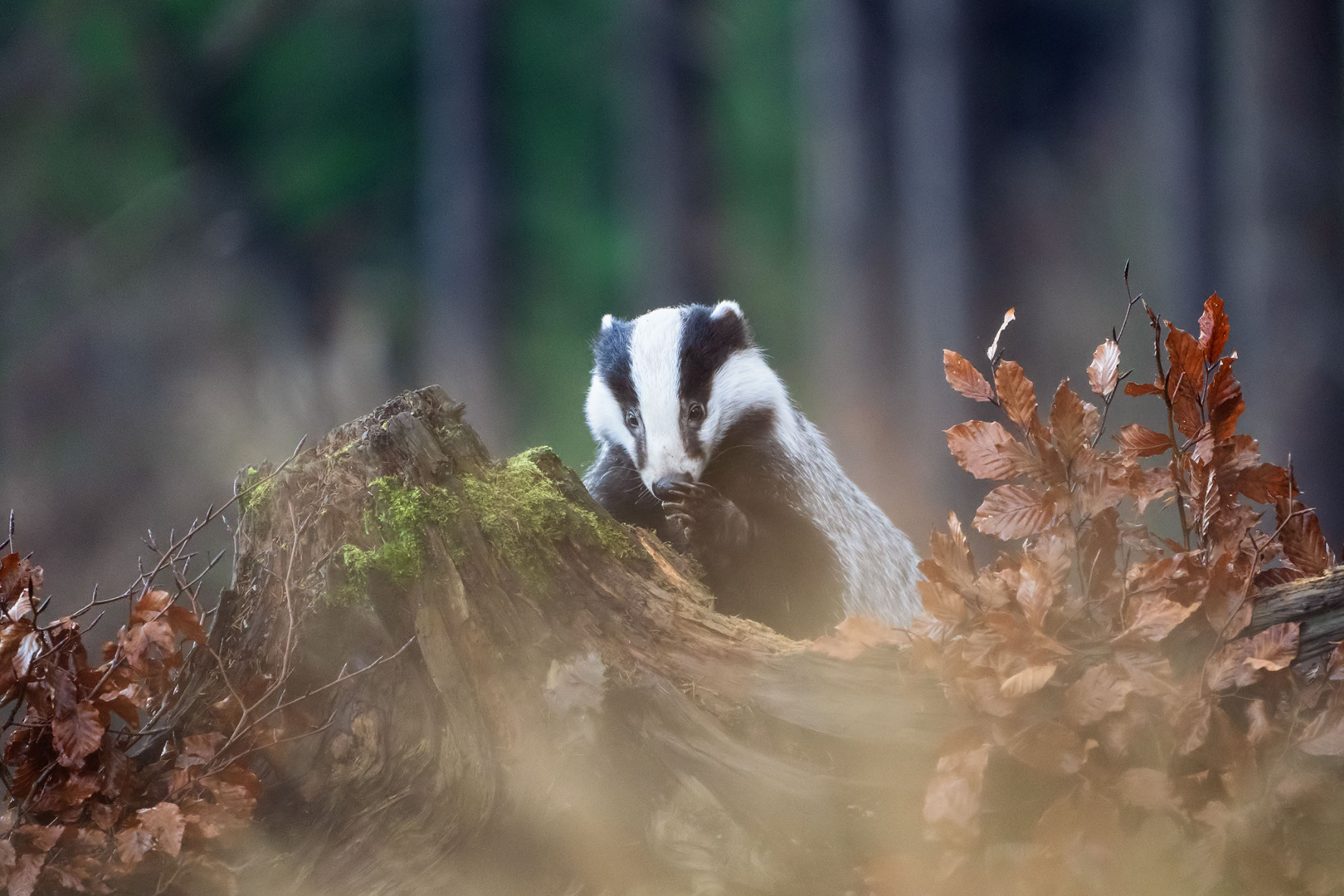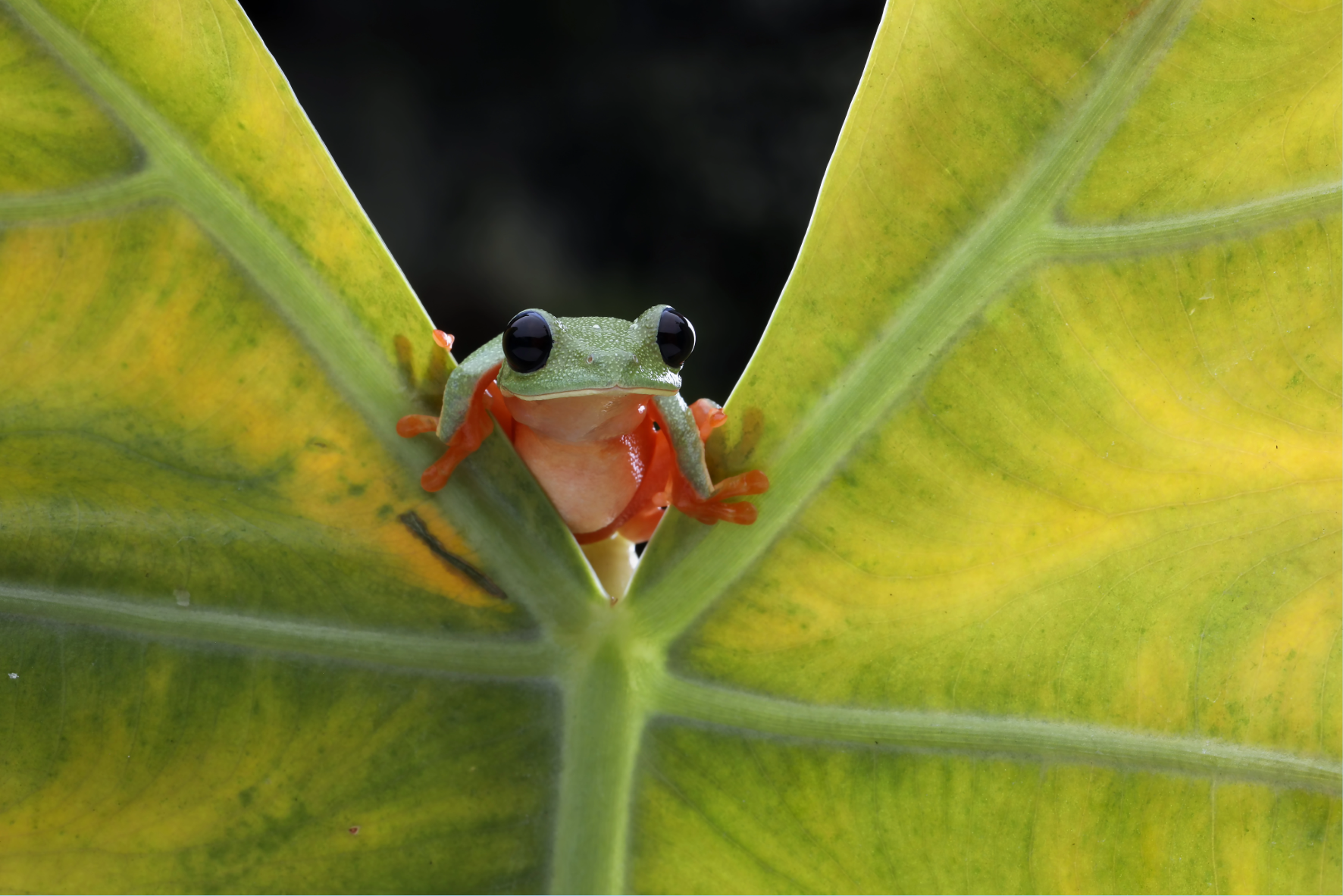
If you continue browsing this website, you agree to our policies:
x
Section outline
-



-
Full and Part-time Courses Starting September 2025
-
This Wildlife Conservation Podcast hosts world-renowned conservationists sharing tales of their wild adventures and discussing the highs and lows of living and working in vast wilderness. Gain a unique insight into the lives of endangered species and hear remarkable stories about the efforts made to save them. Explore the pathways to becoming a conservationist and stay informed about the current conservation issues affecting our world.
-
Delve into topical issues in zoology, conservation and the environment, with the ZSL Wild Science Podcast. From restoring ecosystems to protecting critical species, hear more about the incredible science behind our cutting-edge conservation work in this podcast from ZSL’s Institute of Zoology. Currently hosted by Harriet McAra, the ZSL podcast is in the Top 10 Best Zoology Podcasts on Feedspot. Subscribe via any podcast app, including Apple Podcasts, iTunes, Spotify and Google Play. Search 'ZSL Wild Science'.
-
Please take a moment to explore the various field trips that students have enjoyed participating in.



